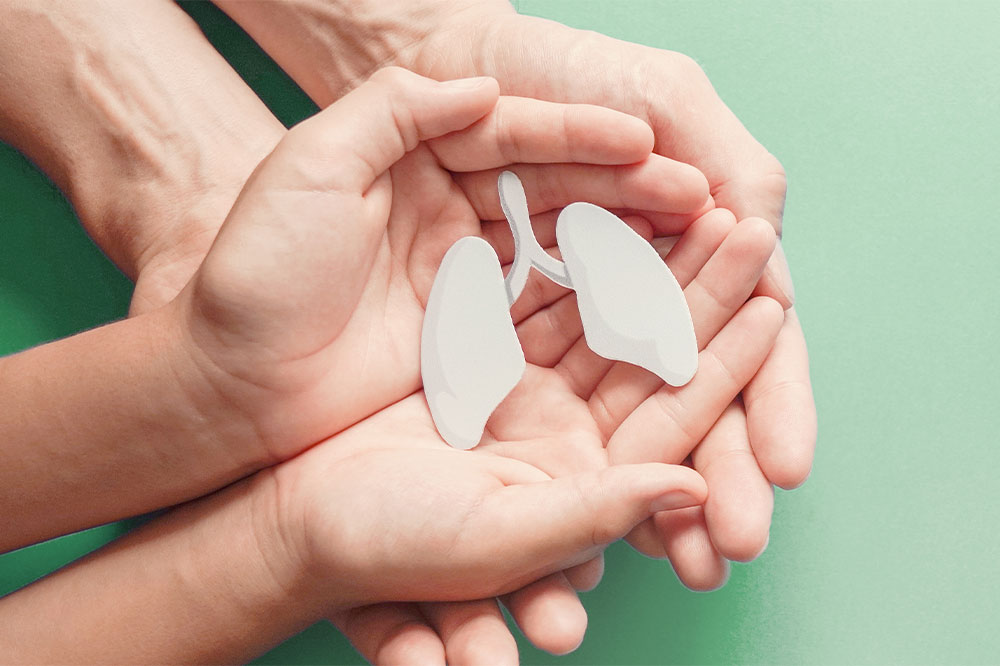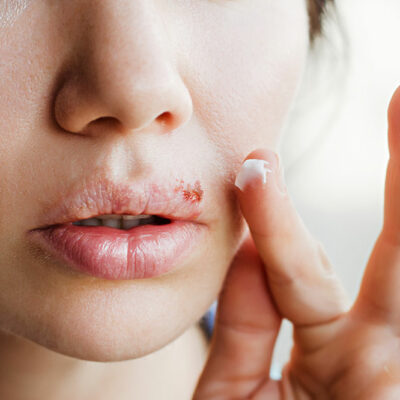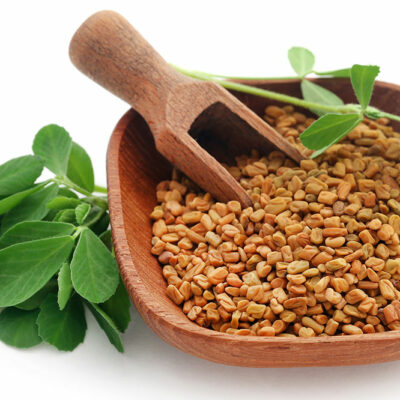
7 Nutritional Tips to Manage PAH
One of the rarest forms of lung disease that largely affects the various arteries of the pulmonary is referred to as pulmonary arterial hypertension (PAH). This is a condition where the pulmonary arteries, which are responsible for carrying blood from the right portion of the ventricle to the lungs, become thinner/narrower. The arteries eventually get blocked due to the disease.
As a result of this, the heart has to work harder to pump blood, eventually becoming weaker and possibly leading to heart failure. Consumption of the right food with appropriate nutrition is the only way to manage PAH. Here are some useful tips:
1. Reduce salt intake
Reducing blood pressure is imperative for someone with PAH, and that can happen straight away if salt consumption is reduced. Reducing salt by 50% will show an immediate result with a drop in BP levels. In addition, one should cut back entirely on tinned and processed foods as it is bound to have excessive salt content so that the food can be preserved longer.
2. Fluid intake
Doctors usually recommend consumption of not more than 2-3 liters of fluid per day as it increases the pressure on the heart. Fluid here includes liquid consumption of all types and sources.
3. Stay away from alcohol and caffeine
Stimulants are known to increase blood pressure, and the first thing one should work on is to staying away from any kind of caffeinated drink and alcohol.
4. Add iron
Choosing foods that are replete with iron like dark green vegetables, apricots (dried), and mushrooms are a must. Check with your doctors if you can have iron supplements. It is believed that low levels of iron in food triggers the symptoms of PAH.
5. Vitamin K
People with PAH are usually prescribed blood-thinning medicine, and Vitamin K is known to impact the way this medication works. Therefore, it is important that Vitamin K supplements are consumed only after a doctor’s prescription. Vitamin K is known to help to manage the symptoms associated with PAH.
6. Foods to relieve nausea
Patients with PAH are known to have nausea symptoms often, and there is a tendency to consume a sugared beverage during such episodes. The key aspect is not to indulge in sugary drinks but perhaps have a dry cracker or a dry toast to relieve nausea.
7. Maintaining a food diary
Tracking the food you consume every day will help the person feel better and proud too of their own consistency. It will also help them to understand what works the best on their body and what does not. This will also serve as a perfect reference point for the doctor and nutritionist to help in the treatment process.


